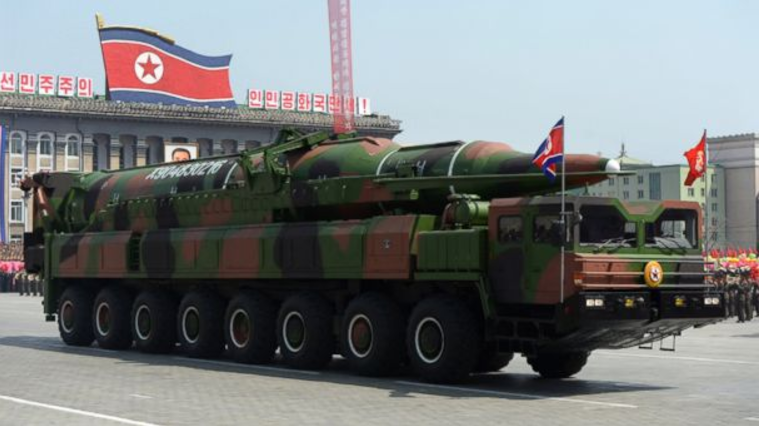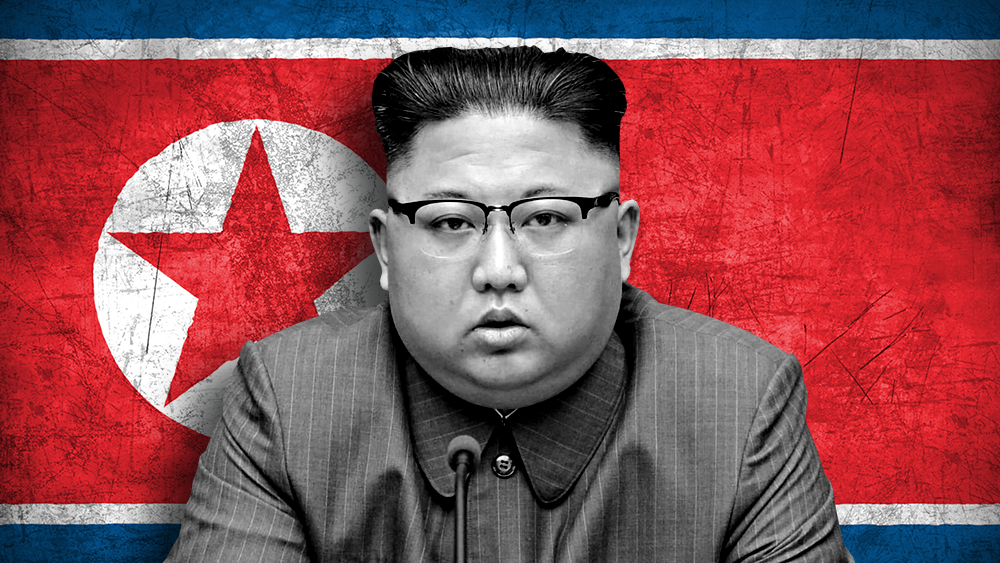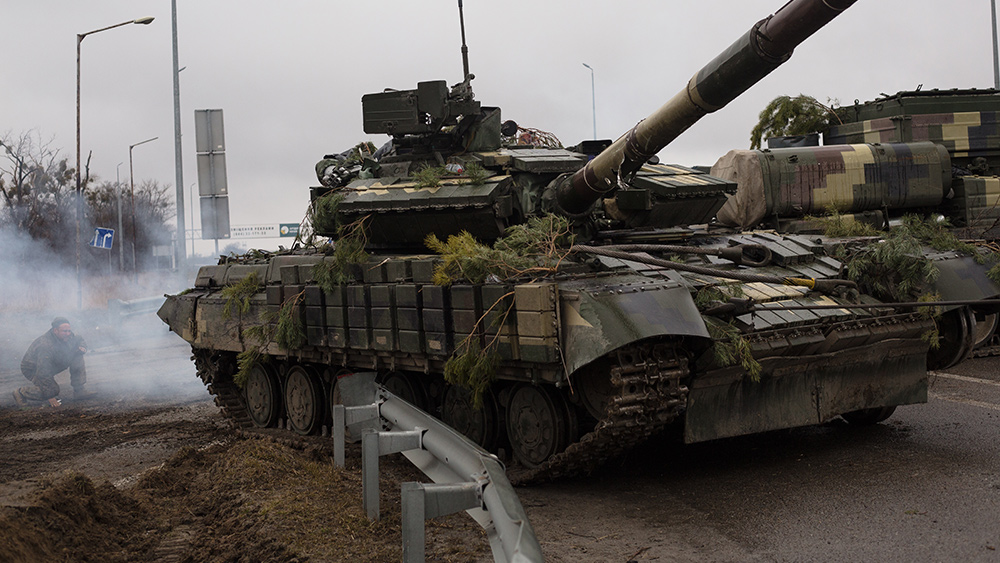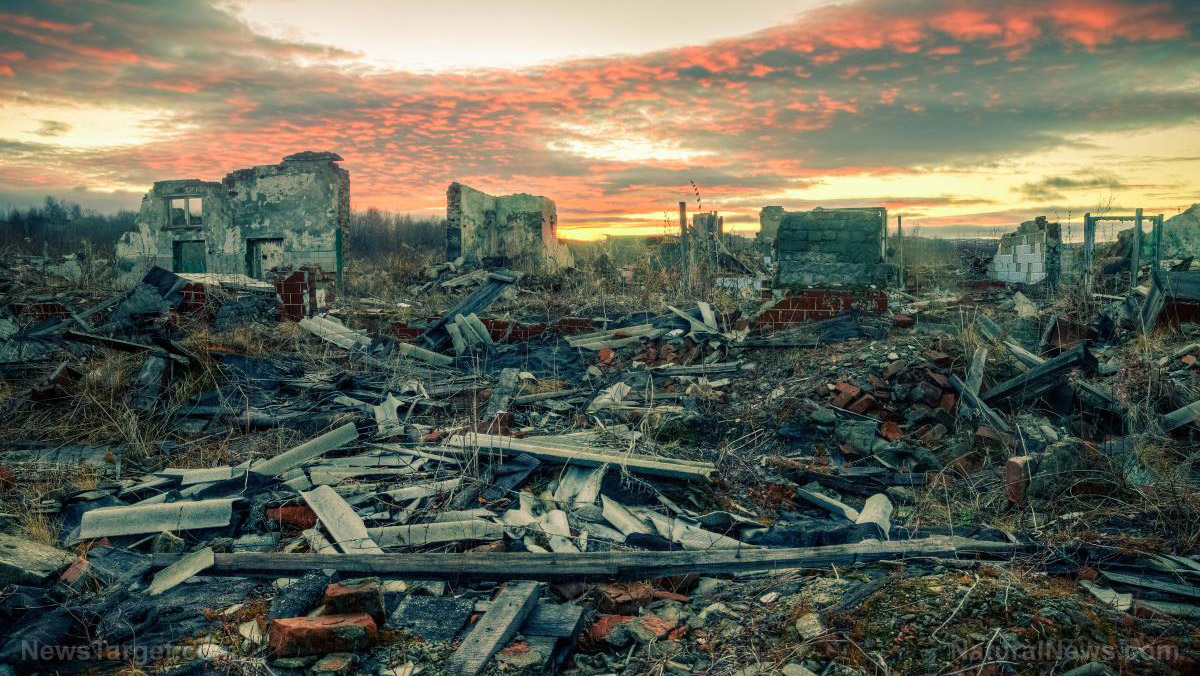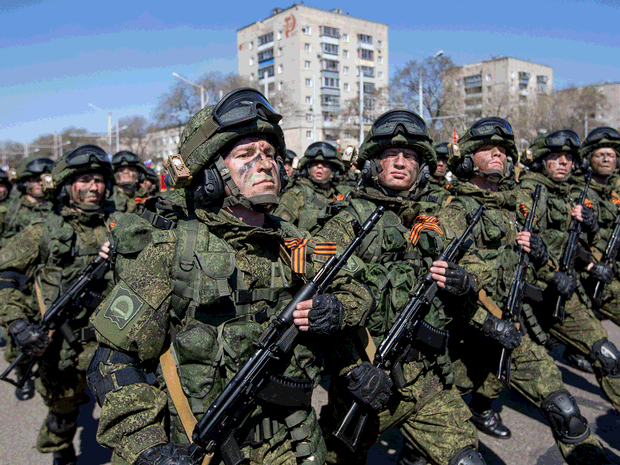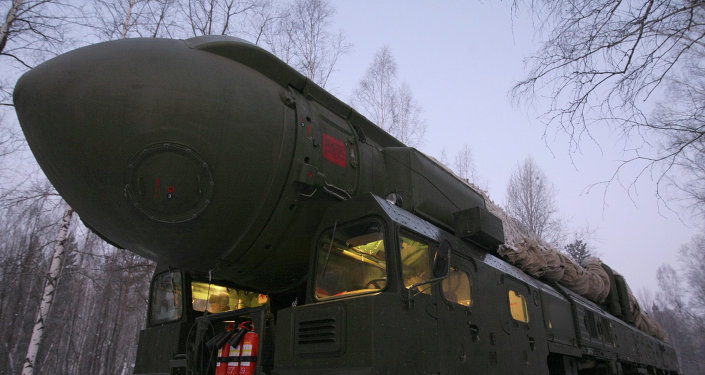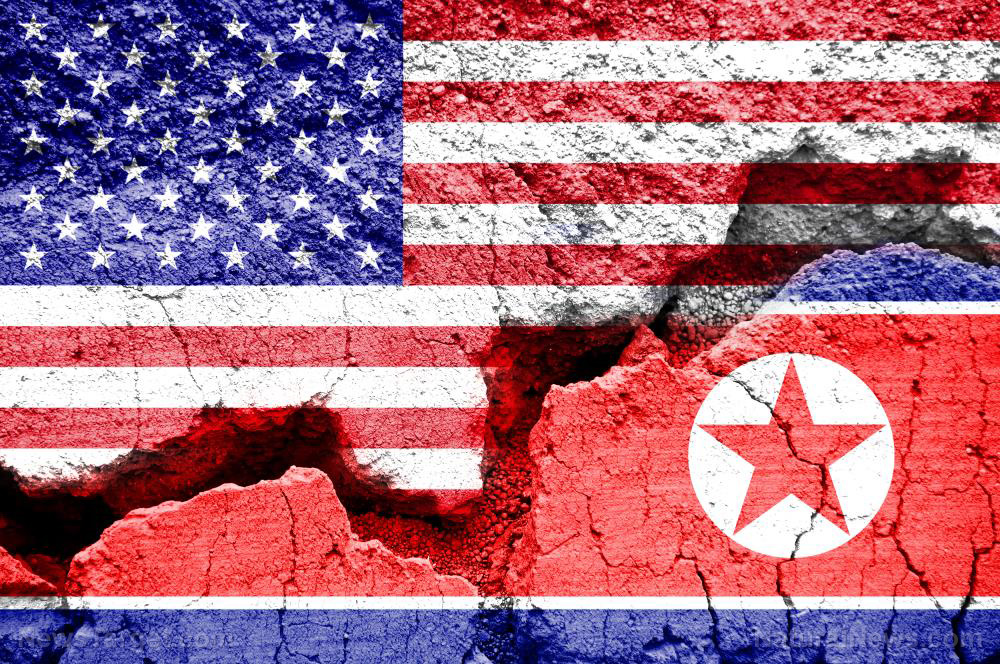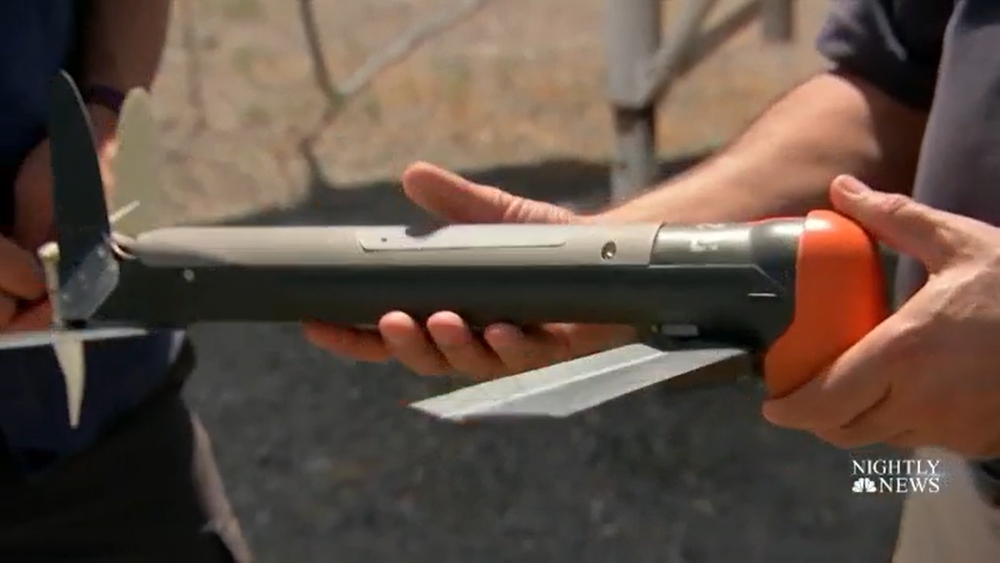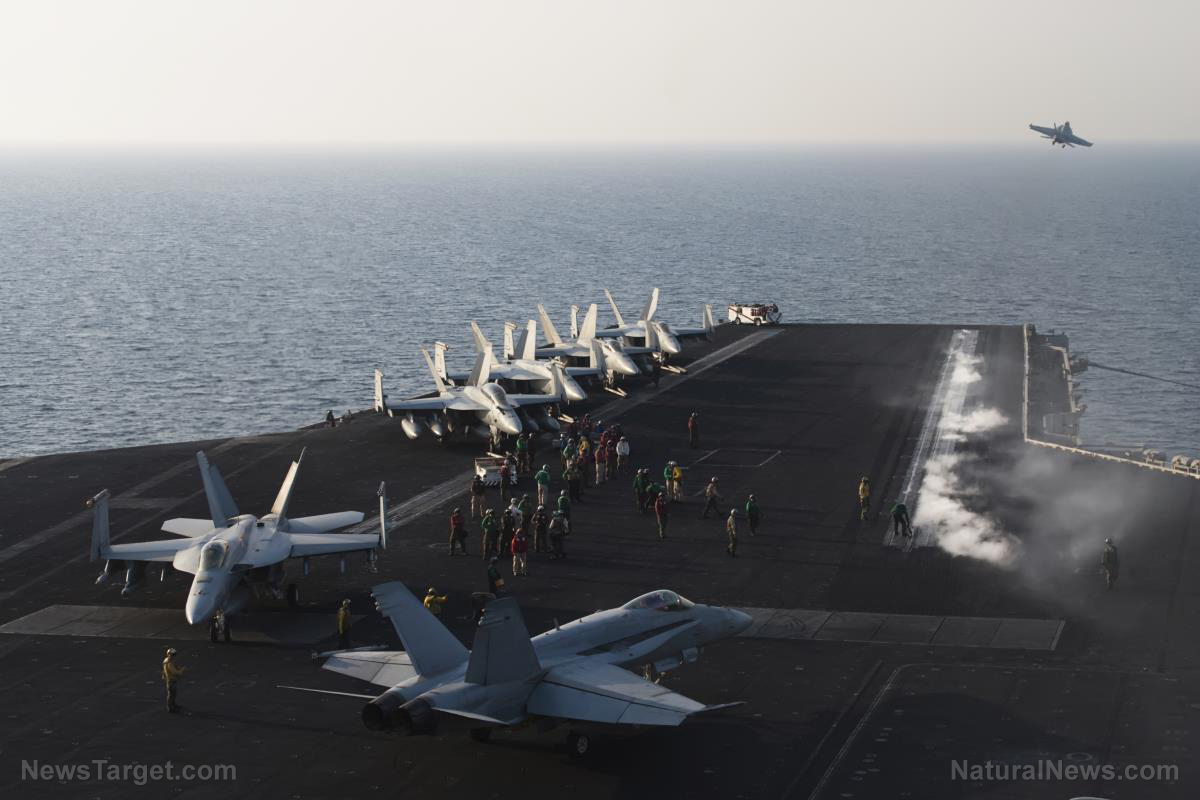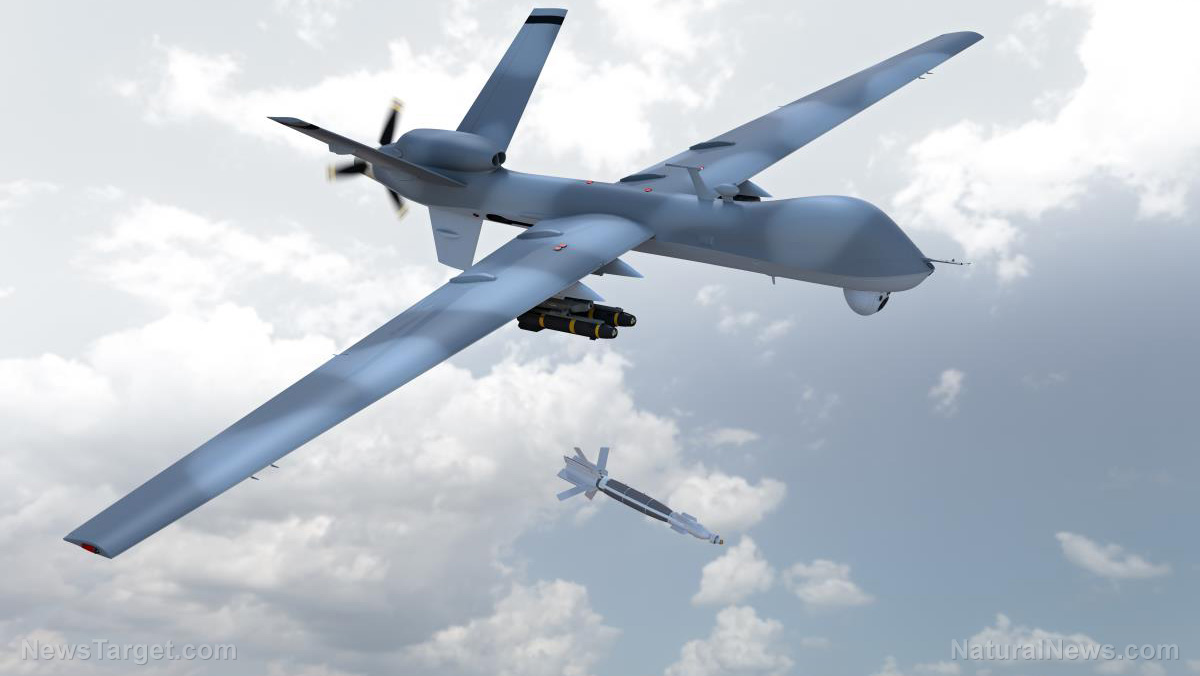Russia significantly increases production of tanks and munitions despite Western sanctions aimed at undermining the country’s military industry
09/15/2023 / By Richard Brown
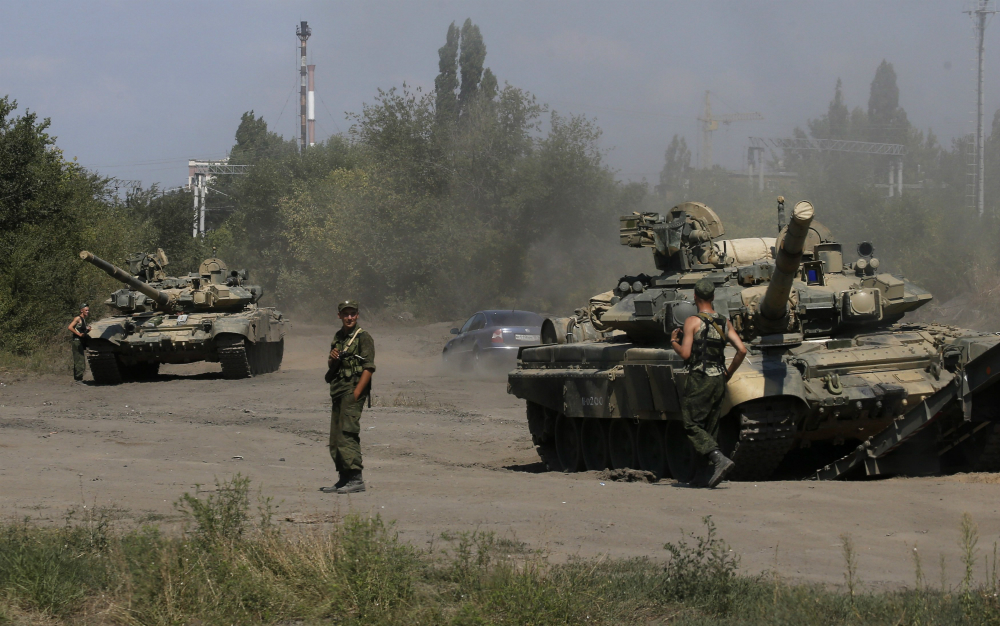
Despite Western sanctions aimed at undermining Russia’s military industry, the country has managed to significantly increase its production of ammunition and other armaments, according to the New York Times.
A senior Western defense official said Russia’s annual tank production has doubled, with the ability to now manufacture 200 tanks per year, up from 100 before the Ukraine invasion. Furthermore, Western experts estimate that Russia is on track to produce a staggering two million artillery shells annually, twice the pre-war estimates.
This boost in production has resulted in Russia surpassing both the United States and Europe in ammunition manufacturing capacity. While the U.S. and its NATO allies are working to enhance their production capabilities, tangible results are not expected for several years.
NATO Secretary-General Jens Stoltenberg had previously voiced concerns that Ukraine was expending artillery rounds at a pace faster than the entire alliance could produce.
Kusti Salm, a senior Estonian Defense Ministry official, emphasized that Russia’s current ammunition production outpaces the West’s by a factor of seven. This stark contrast underscores how time appears to be favoring Russia in the ongoing conflict and raises questions about the sustainability of fueling the proxy war for the U.S. and its NATO allies.
The report by the New York Times also highlights that initial Western sanctions, which targeted specific technologies like advanced semiconductors, initially hindered Russia’s ammunition production.
However, Moscow managed to circumvent these sanctions, and its economy adapted to the U.S.-led economic pressure by finding new energy export markets in Asia. (Related: Russian oil exports surge despite Western sanctions, Moscow’s output cut.)
Meanwhile, in Scranton, Pennsylvania, the Scranton Army Ammunition Plant is working tirelessly to support Ukraine’s war efforts by producing approximately 11,000 artillery shells monthly. Despite this considerable output, the Ukrainian military often expends a similar quantity of shells within just a few days. To meet the surging demand, the plant is undergoing a substantial expansion, backed by significant defense investments from the Pentagon.
U.S. struggles to meet Ukraine’s demands and rebuild stockpiles at the same time
The U.S. and its allies have provided nearly $50 billion in aid and equipment to Ukraine’s military over the past year. To sustain this support and rebuild their stockpiles, the Pentagon is embarking on a major increase in ammunition production, mobilizing segments of the U.S. defense industry for heightened production, despite the nation technically not being at war.
The Pentagon has allocated approximately $3 billion to purchase munitions from allies abroad and boost domestic production. A notable portion of this effort will focus on producing 155-millimeter artillery shells, which have become a crucial asset in the ongoing conflict. The U.S. Army plans to increase artillery shell production by a remarkable 500 percent, from 15,000 per month to 70,000.
Munitions factories across the U.S. are working at full capacity to ramp up production. Lockheed Martin’s plant in Camden, Arkansas, is producing rockets and missiles, including those used in the Army’s Patriot missile system, which are in high demand in Ukraine. Additionally, new plants are being established in Texas and expanded in Iowa to meet the growing demand for artillery shells.
While the U.S. and its allies are intensifying efforts to support Ukraine, there are concerns about whether these actions will be sufficient. Ukraine’s high ammunition consumption continues to outpace production capabilities, and there are challenges in meeting demands from both allies and domestic stockpile rebuilding.
Seth Jones, director of the Center for Strategic and International Studies’ International Security Program, has raised concerns about the depletion of certain weapon systems and munitions in the U.S. stockpile due to aid sent to Ukraine. Furthermore, war games conducted by the CSIS suggest that in a Pacific conflict, the U.S. could run out of critical long-range munitions, such as anti-ship missiles, within a week.
These challenges underscore the importance of maintaining adequate weapon systems and stockpiles to deter conflicts and respond effectively in the face of aggression.
Read more news related to the Russia-Ukraine war on WWIII.news.
Watch how Russia rains rockets on Ukrainian forces in the video below.
This video is from the perception is reality channel on Brighteon.com.
More related stories:
Poland runs out of ammunition, can no longer send supplies to Ukraine.
Zelensky admits Ukraine already OUT OF AMMO – another begging spree in the works.
RUNNING OUT: Ukraine blowing through more ammo than NATO, U.S. can manufacture and provide.
Sources include
Submit a correction >>
Tagged Under:
ammunition, artillery, artillery shells, big government, chaos, collapse, counter offensive, dangerous, military aid, military tech, national security, Pentagon, propaganda, rationing, Russia, scarcity, supply chain, tanks, Ukraine, weapons technology, White House, WWIII
This article may contain statements that reflect the opinion of the author
RECENT NEWS & ARTICLES
COPYRIGHT © 2018 MILITARYTECH.NEWS
All content posted on this site is protected under Free Speech. MilitaryTech.news is not responsible for content written by contributing authors. The information on this site is provided for educational and entertainment purposes only. It is not intended as a substitute for professional advice of any kind. MilitaryTech.news assumes no responsibility for the use or misuse of this material. All trademarks, registered trademarks and service marks mentioned on this site are the property of their respective owners.

